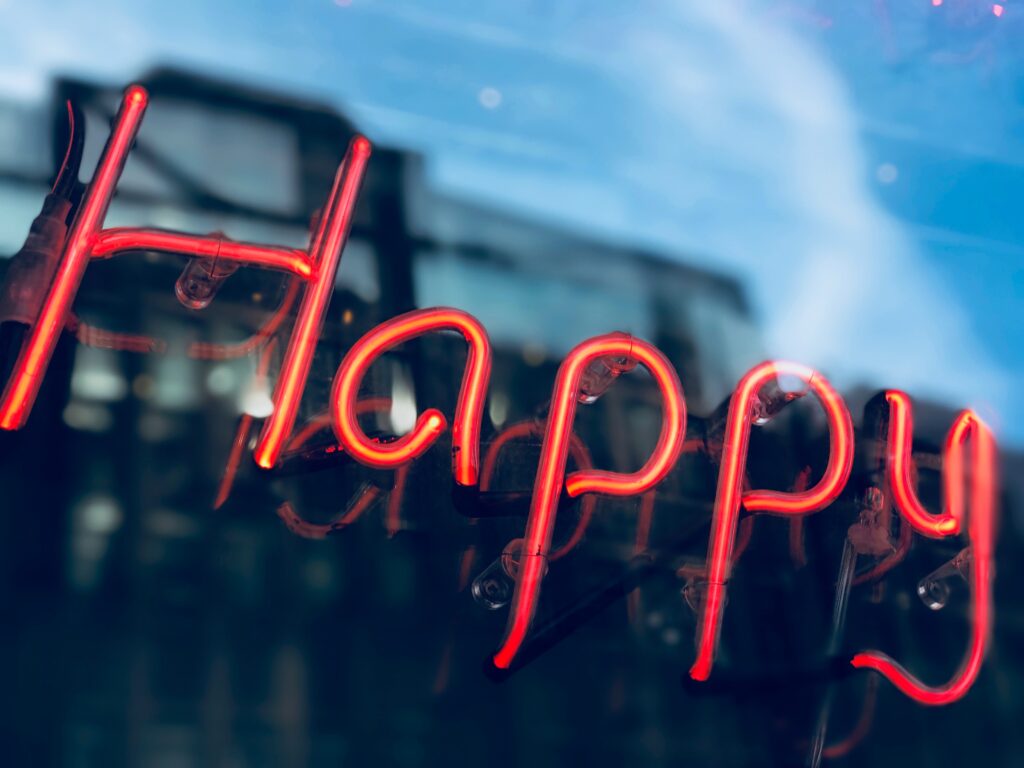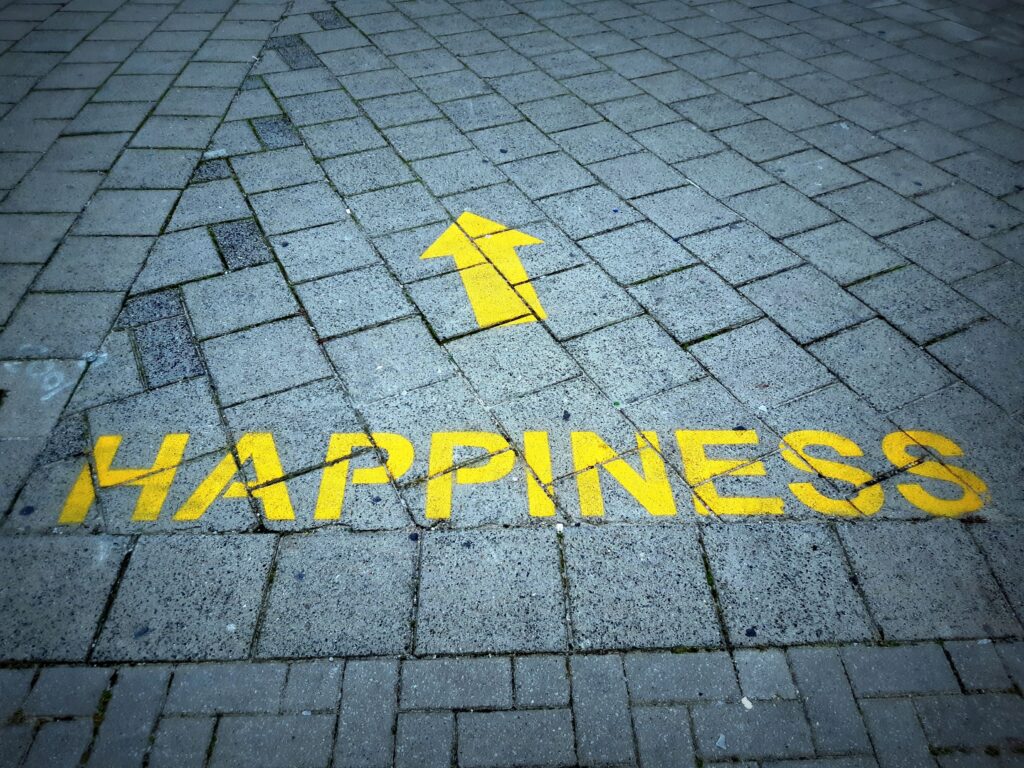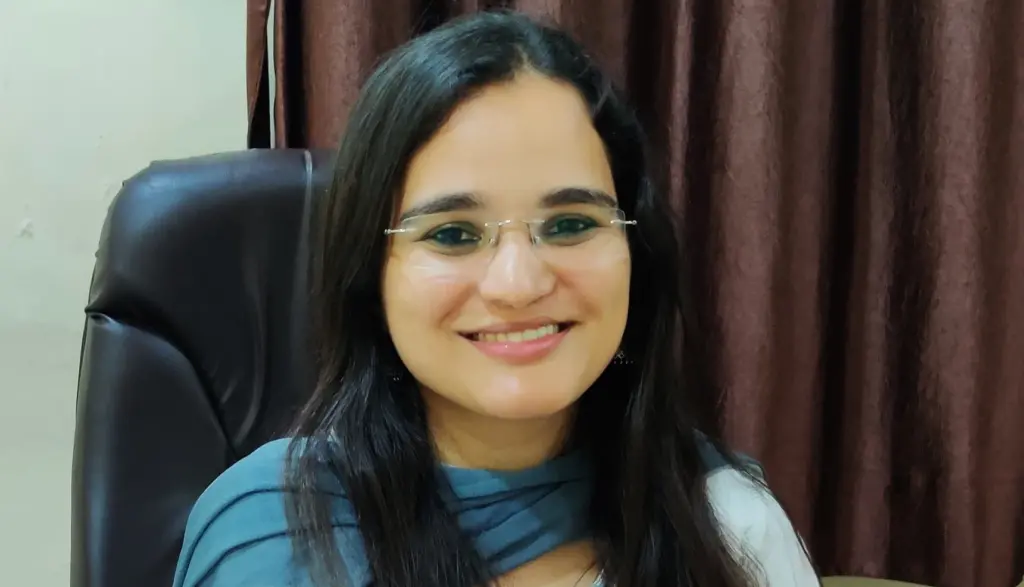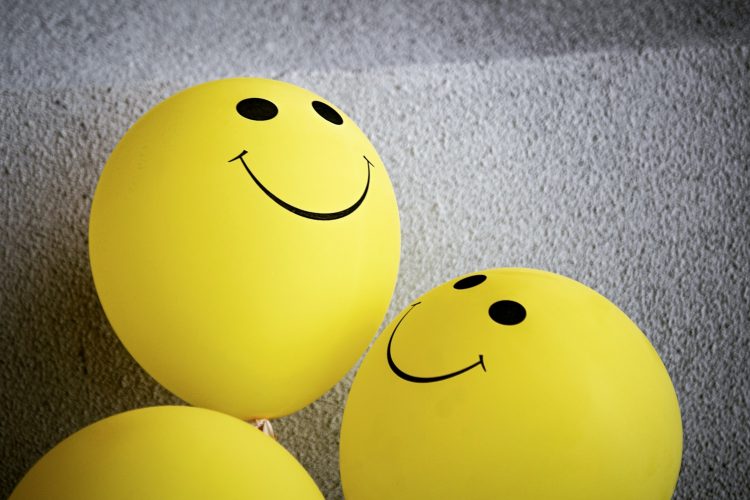Building on insights from several episodes of my podcast, ‘Wellness Curated’, this article reveals how minimal living and abundant thinking, together, form the blueprint for true happiness and mental resilience.


You’ve probably heard the saying: ‘money can’t buy happiness’; you’ve probably repeated it to others a million times. Yet, as a study published in the June 2011 edition of the Psychology & Marketing periodical revealed, 62 percent of us shoppers will purchase new things purely to uplift our spirits. Ever wondered why we’re all so inclined to indulge in ‘retail therapy’? It’s not just about the thrill of snagging that new item—it’s the control, the freedom, the escape from life’s chaos. Now, here’s where it gets real. On my podcast, Wellness Curated, in an episode titled ‘Hacking Happiness’, Aditi Surana—founder of India’s only mental gym—points out:
“We live in a world where the best minds are fighting for your mental space – they’re working very hard to convince you that without their product, their mechanism and their machinery, you can’t be happy. You are constantly bombarded with imagery that equates happiness with certain kinds of possessions. As a result, your mind subconsciously defines happiness by what you see on hoardings or in advertisements. Fighting that programming is extremely difficult.”


You’ve probably heard the saying: ‘money can’t buy happiness’; you’ve probably repeated it to others a million times. Yet, as a study published in the June 2011 edition of the Psychology & Marketing periodical revealed, 62 percent of us shoppers will purchase new things purely to uplift our spirits. Ever wondered why we’re all so inclined to indulge in ‘retail therapy’? It’s not just about the thrill of snagging that new item—it’s the control, the freedom, the escape from life’s chaos. Now, here’s where it gets real. On my podcast, Wellness Curated, in an episode titled ‘Hacking Happiness’, Aditi Surana—founder of India’s only mental gym—points out:
“We live in a world where the best minds are fighting for your mental space – they’re working very hard to convince you that without their product, their mechanism and their machinery, you can’t be happy. You are constantly bombarded with imagery that equates happiness with certain kinds of possessions. As a result, your mind subconsciously defines happiness by what you see on hoardings or in advertisements. Fighting that programming is extremely difficult.”
Mind Over Matter: The Impact of Clutter
After considering the ways in which marketing impacts our mental space, it’s equally important to discuss how our physical surroundings influence our mental state. Dr Nahid Dave, a psychiatrist at Thought Matters, says: “When you try to fill an emotional void in your life by buying something or not throwing away an item that has nostalgic value, your brain rewards you with a dopamine kick. This release of dopamine triggers your brain’s reward system. However, studies have found that while these surges may give you temporary feelings of happiness, for a sustained release of dopamine, it’s important to seek happiness in people and experiences rather than physical things.” She adds that a cluttered space can boost cortisol levels, the stress hormone, in our system.


Psychologist Namrata Jain echoes this sentiment: “Physical clutter leads to a cluttered mind. The barrage of visual chaos strains our cognitive abilities, inducing fatigue and muddling our decision-making process.” The takeaway? Decluttering isn’t just a modern fad; it’s vital for mental clarity and wellness.
Mind over matter
Drawing from her personal journey, Jain credits a shift towards minimalism as pivotal in her battle with depression. “Releasing myself from toxic relationships and possessions paved the way for positive energies. Embracing a more mindful and simple life isn’t just beneficial—it’s foundational for sound mental health,” she asserts. However, transitioning to this mindful simplicity is a challenge, laden with both emotional and practical obstacles. To aid in this journey, she suggests the following steps:
- Reflect and Refine: Reflect on what truly resonates with you. Eliminate what doesn’t elevate your life’s quality. This includes streamlining your digital presence—unfollow accounts that don’t align with your aspirations.
- Space Refresh: Dedicate a day each month to tidy up your environment. Retain items you actively use and consider donating, recycling, or selling what hasn’t seen use in the last quarter.
- Balance Acquisitions: Implement a one-for-one rule. Every time a new item enters your space, ensure an old one exits.
- Mindset Makeover: Release lingering grudges and negative feelings. Instead of dwelling on absences or what’s lacking, celebrate and cherish what you have and recognise its value in your journey.

Make your actions count
Instead of seeking fleeting joy in material possessions, Surana swears by Mihaly Csikszentmihalyi’s ‘flow’ concept. This theory posits that one can cultivate genuine happiness by immersing themselves in a self-induced flow state. “I believe that growth is the easiest way for you to find your happiness hormone again. When we are growing and learning, and challenging and unlearning our previous belief systems is where growth happens. And so, a flow state can be achieved when you engage yourself in a task which demands that your skill be challenged over and over again,” she says.
To experience this ‘flow’, she recommends diving into an activity where you already possess some competence but haven’t yet turned it into a profession. Surana believes that as you deepen your expertise and continuously challenge yourself, you’ll find yourself so engrossed that you naturally enter a meditative, joyous state. To amplify this effect, Surana champions regular physical activity and journaling. Both acts can rejuvenate your spirit, helping to shed the weight of daily stressors.
In a world rife with external influences and materialistic pursuits, our quest for happiness might be simpler than we think. By decluttering our spaces and minds, and by immersing ourselves in experiences that challenge and fulfill us, we discover that true contentment doesn’t lie in possessions but in the moments and mindsets we cultivate. It’s about cherishing the intangible, finding our flow, and remembering that happiness, at its core, is an inside job.

